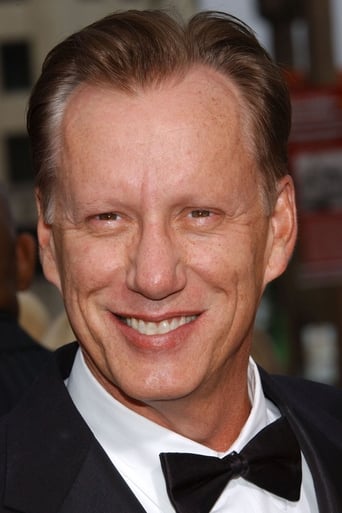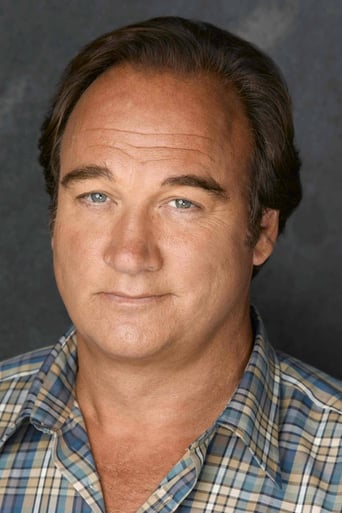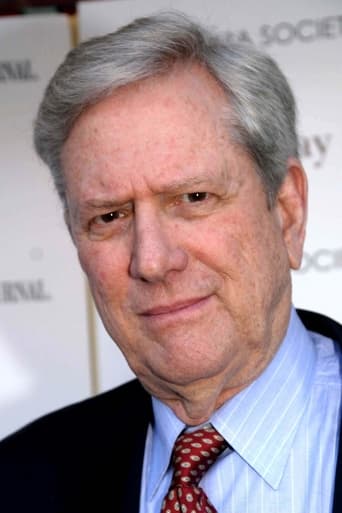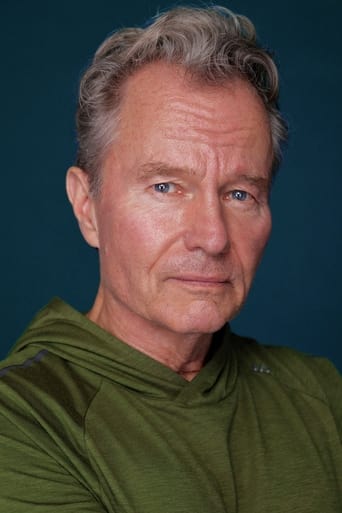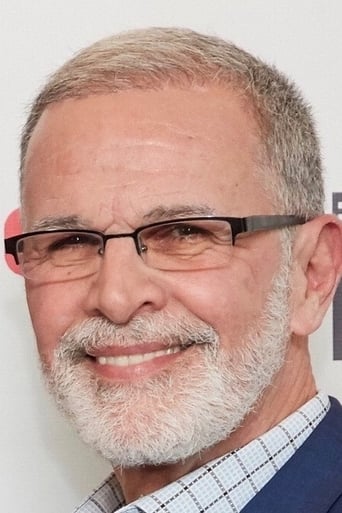Wordiezett
So much average
Baseshment
I like movies that are aware of what they are selling... without [any] greater aspirations than to make people laugh and that's it.
AnhartLinkin
This story has more twists and turns than a second-rate soap opera.
Taraparain
Tells a fascinating and unsettling true story, and does so well, without pretending to have all the answers.
AaronCapenBanner
Oliver Stone directed this account of real life photographer Richard Boyle(played by James Woods), who is nearly broke, so decides to go to war-torn El Salvador for the story, taking his friend "Doctor Rock"(played by James Belushi) with him. While there, he forms an uneasy alliance between the guerrilla forces, who want their photographs taken to the U.S. newspapers for publicity, and the government military forces, who want the photographs for identification purposes, though the situation will eventually become too dangerous for him to deal with... James Woods is excellent, bringing to life a rather seedy character, and helping this otherwise seedy film as well.
dougdoepke
I'm guessing the film is not high on the State Department's 'Must See' list. The movie makes several explosive political connections – a newly elected President Reagan connects to unleashed military aid to Salvador that connects to fascistic military rule that connects to Salvador's wealthy class that connects to oppression of the country's huge, impoverished peasantry that finally connects to a bloody civil war. It's a deadly cycle based on fact, and on the US's ability to supply an unpopular regime with superior weaponry. Not exactly the image our corporate image-makers like to construct.Frankly, I can't imagine anyone in the role of the reporter Boyle other than the hyper James Woods. He's like a whirling top on speed. He doesn't walk, he lurches; he doesn't talk, he pleads, whines, and pontificates. But he's just the kind of off-center personality loopy enough to stick his neck out in a war zone. Plus, he knows the political score by being "the last reporter out of Cambodia", as he loves to say. I especially like his encounter with the well- coiffed blonde at the fancy outdoor reception. She's a big-time reporter there to echo the official line, while he looks like he snuck in the back door. But he'll have none of her State Department pabulum. He may be annoying, but his patriotism is based on speaking the truth to power, as the saying goes. No wonder he's unemployed. All in all, Boyle amounts to a James Woods triumph.The movie itself is chaotic, as it should be since we're in the middle of a civil war. It's also about as un-Hollywood looking as commercial movies get. You can spot the uppercrust running the war because they're always squeaky clean, especially the sleekly malevolent Major Casanova (Plana). The peasants, on the other hand, look like peasants since they probably are (filming was in Mexico). While Woods and Belushi look like they shop at the Salvation Army store. More tellingly, there's no attempt to render cosmetic either killing or death, especially that gripping last scene with John (Savage) and Boyle that's about as unsentimentally touching as movies get.But don't let any of this fool you. It's one heckuva movie with no compromises. Especially that last sequence that drives home the irony of the policy distance that supposedly separates the US from Latin America. All in all, Stone's film pulls off the difficult trick of refusing to pander to anyone or anything.
ian_bell
Salvador was made at the height of Reaganism in the 1980s, and depicts events in that country in the early 80s through the eyes of Richard Boyle, an American journalist.Boyle is a walking disaster at the start of the film. It opens in San Francisco (I think), where Boyle has been dumped by his girlfriend, given an ultimatum by his boss, and then pulled over by the police for driving an illegal car.The man is on borrowed time, and when he and friend Dr Rock hear of the tempting life on offer in Central America (cheap drugs, cheap booze, and easy women) they head for El Salvador.Taking the film by the scruff of its neck, Stone drags this movie, kicking and screaming towards its ferocious climax.We watch Boyle (a mesmerising James Woods) undergo something of a Damscus-like conversion as his hedonistic approach to life gives way to mounting fury as he sees first his new girlfriend's brother all but beaten to death, then one of his closest friends face an even greater threat as it becomes apparent the ruling force (a right-wing militia backed by US money) is rapidly destroying the country from within.I notice some of the comments on IMDb seem to take issue with Stone's style of film directing, in short accusing him of preaching. In defence of him, ask yourselves this: how many other US film directors would even consider making a film like this? Quentin Tarantino perhaps? Maybe John McTiernan? What about Ron Howard or Steven Spielberg? Let's be honest, most of them would be too afraid of harming their careers by launching such an all-out offensive on the very nation which gives them such a privileged lifestyle. I'd probably be the same if I had their talent: play safe and get rich.But that is exactly what makes an Oliver Stone film so special. Stone has probably never made a 'safe' film in his life, and I doubt he ever will.El Salvador is perhaps the greatest film of a career which may yet have some more to say. The picture crackles with the energy of a director who is afloat on sheer passion and righteous fury.
wes-connors
"It's 1980. Young men, women and children are being brutally killed in a bloody civil war in El Salvador. It's a horrific setting… but a perfect one for Richard Boyle, a sleazy war photojournalist whose career needs a jumpstart. Armed with his camera, Boyle joins the front lines in an attempt to capture atrocious-but-valuable images of the pain and horror. But with each picture he takes, he catches a tragic side of humanity that ignites his long-buried compassion. And, he unexpectedly discovers something that will change him forever: his soul," according to the synopsis.The promotional material also mentions well-deserved "Academy Award" nominations for James Woods (as Richard Boyle) and the writing team of director Oliver Stone and Mr. Boyle (this is his story). So, it should be noted that two Stone films - "Salvador" and "Platoon" (both released in 1986) - were competing for annual awards attention that year. Stone arguably deserved to be nominated for "Salvador"; but, since he wasn't, the "Best Director" Oscar for "Platoon" was assured.This film is marvelously done, with its main flaw being a tendency to lean too far into "Cheech & Chong" territory. Perhaps, the "Dr. Rock" (James Belushi) and "John Cassady" (John Savage) characters could have been combined - this would have added incalculable dramatic impact to the final scene between Mr. Woods and Mr. Savage. Robert Richardson's superb cinematography is also on display; Stone, Richardson, and their crew create a tremendous visual picture.******** Salvador (2/28/86) Oliver Stone ~ James Woods, James Belushi, John Savage



